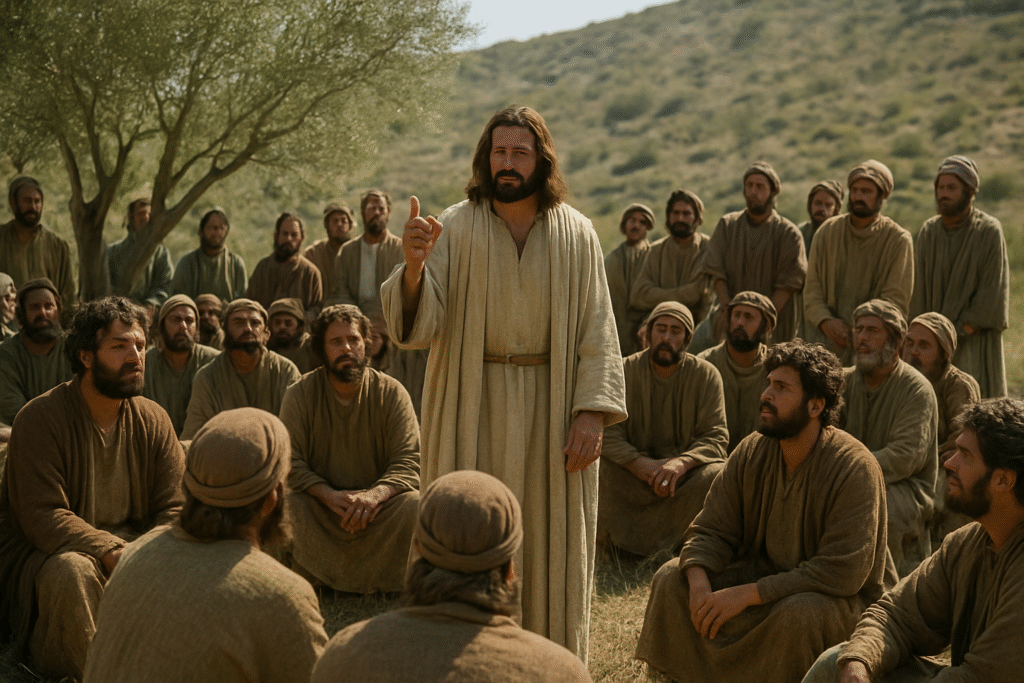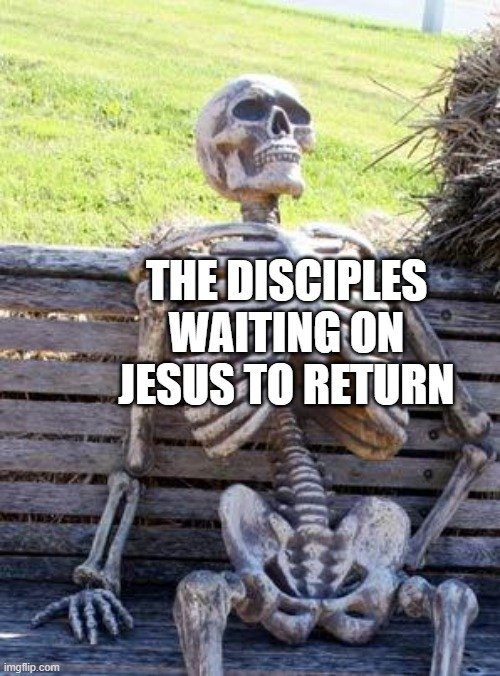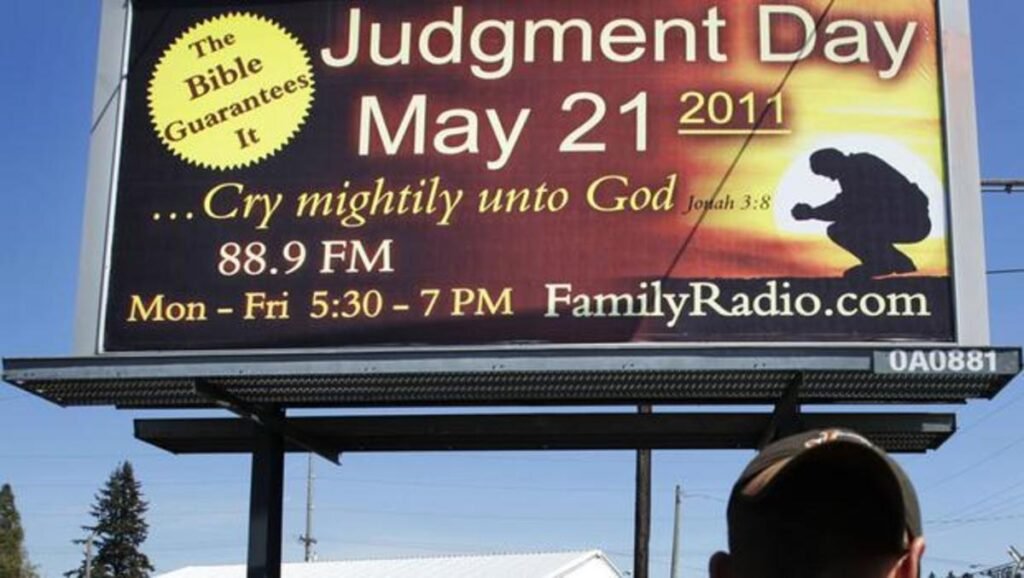
If you’ve ever scrolled through TikTok or YouTube and seen yet another self-proclaimed prophet warning that “the rapture is coming next week”, you might wonder: why does this keep happening? The short answer is simple: because Christianity has always carried within it the DNA of a failed end-times movement.
From its very beginning, Christianity has been rooted in the expectation that the world was about to end — imminently. Jesus, John the Baptist, and the apostles repeatedly taught that the end was near, so near in fact that it would happen within their own lifetimes or shortly thereafter.
But here we are, two thousand years later. The world hasn’t ended. Which leaves us with a troubling conclusion: they were wrong.
- The apostles were wrong.
- John the Baptist was wrong.
- Jesus himself was wrong.
And just as modern internet prophets keep being wrong, the earliest Christian leaders were too.

Time-Statements in the New Testament
There are more than a hundred passages in the New Testament where the imminent end of the world is proclaimed with absolute confidence. You can find at least one such “time-statement verse” on nearly every page.
Here are a few examples:
- Matthew 10:23 — “When they persecute you in one town, flee to the next; for truly, I tell you, you will not have gone through all the towns of Israel before the Son of Man comes.” The disciples traveled through all the towns of Israel within a few years of Jesus’ death. The Son of Man still did not come.
- Matthew 16:28 — “Truly I tell you, there are some standing here who will not taste death before they see the Son of Man coming in his kingdom.” Spoiler: everyone in that crowd has been dead for nearly 2,000 years. Jesus has not returned.
- Matthew 24:34 — “Truly I tell you, this generation will not pass away until all these things have taken place.” That generation did pass away. The end did not come.
The same urgent expectation shows up in the writings of the apostles:
- James 5:8–9 — “You too, be patient and stand firm, because the Lord’s coming is near. … The Judge is standing at the door!”
- 1 Peter 4:7 — “The end of all things is near.”
- Hebrews 10:37 — “In just a little while, he who is coming will come and will not delay.”
- 1 John 2:18 — “Dear children, this is the last hour.”
Each of these statements has the same theme: the end is not far away, not centuries down the line, but right at hand.
Many of the New Testament books were letters written to real people who were living during the first century. The book of Revelation is the same. It was a letter written to the seven churches that existed in Asia during the first century. In the book of Revelation, Jesus clearly states three times that he is coming soon. This was a great hope to the Christians that were going through persecution during the first century. They expected to be saved from their persecutors, but unfortunately they all died and Jesus never came back like he promised that he would.

The Pattern of Failure
Looking back, it’s clear that these predictions didn’t pan out. Jesus didn’t return in the first century. The end of the world did not come “soon.” The apostles’ generation passed away, and history continued as usual.
This is the same cycle we see repeated over and over in modern Christianity: bold end-times predictions, followed by disappointment, followed by reinterpretation. Whether it’s a TikTok preacher warning about blood moons or Harold Camping setting a date for the rapture, the pattern is always the same.
The uncomfortable truth is that failed end-times predictions are not a modern mistake — they are a feature of Christianity from the very start. The first generation of Christians believed with absolute confidence that the end was near. When it didn’t happen, every generation since has been left trying to explain away or reinterpret those failed promises.
And so the cycle continues.

A Better Way Forward
I understand the disappointment that comes with realizing Jesus and the apostles were wrong about the end times. I’ve been through that same journey myself. Years ago, when I first recognized that these prophecies failed, it shook me deeply. It can feel like the ground is pulled out from under you.
But here’s what I’ve come to see: just because Christianity is flawed, and just because the Bible contains errors, does not mean that God does not exist. God is real, and He loves us more than we can imagine. That truth remains untouched.
In fact, I believe The Simple Revelation — that God exists, and that His love for us is immense—is far more meaningful and life-giving than clinging to something as absurd as the rapture or as fear-driven as the end of the world. Those teachings only burden people with anxiety, dread, and failed expectations.
Instead, we can choose a better vision: optimism for the future. We can pour our energy not into waiting for the world to burn, but into building lives and communities that reflect love, justice, and compassion. We can do everything in our power to make this world a better place for everyone who comes after us.
For those who still long to be spiritual yet also want to remain grounded in reason, The Simple Revelation offers a refreshing alternative. You don’t have to abandon your sense of the sacred, nor do you need to force yourself to accept harmful, fear-driven doctrines. You can believe in God, trust in His love, and still walk forward with both eyes open—hopeful, rational, and committed to making this world brighter.
